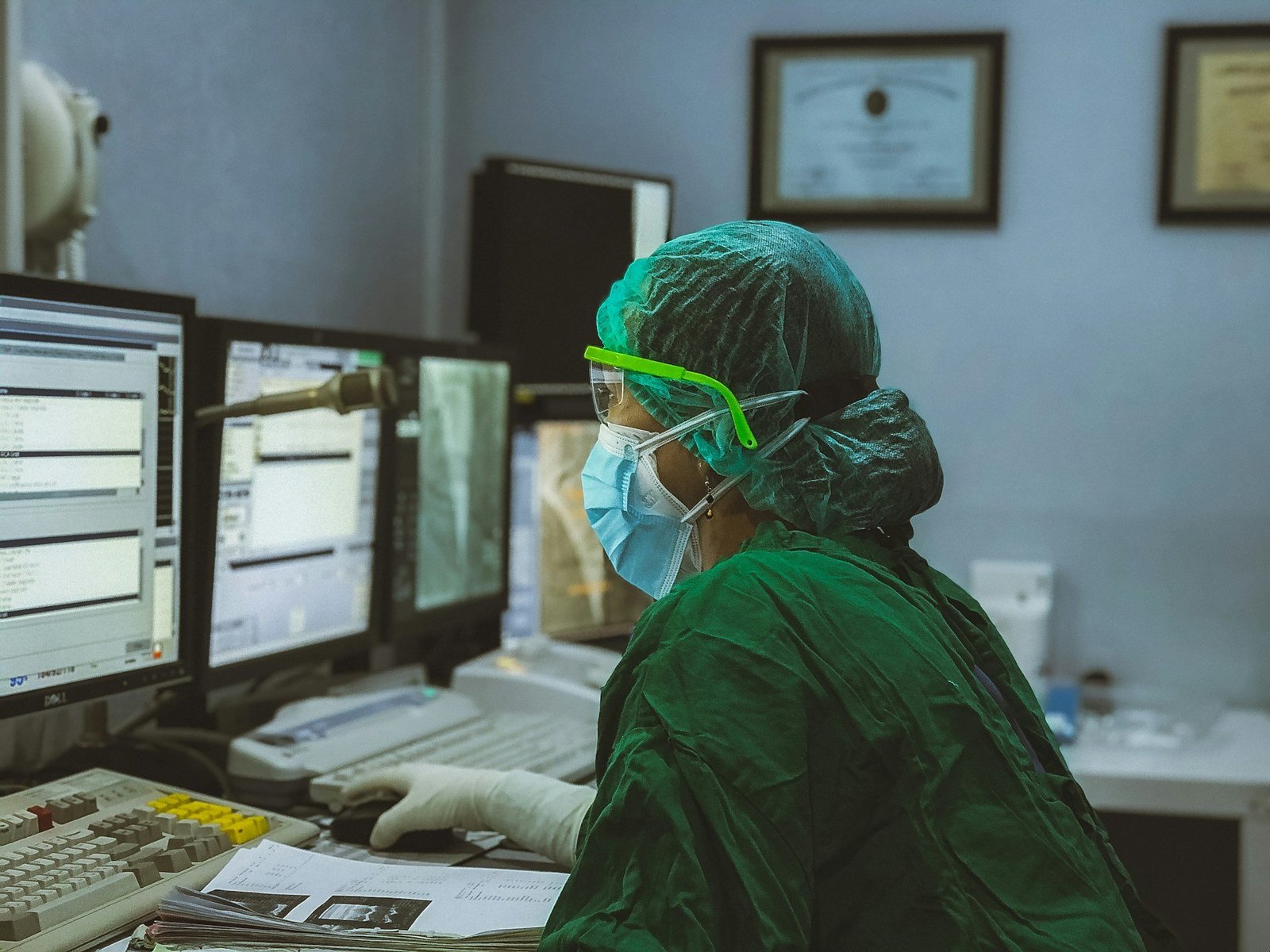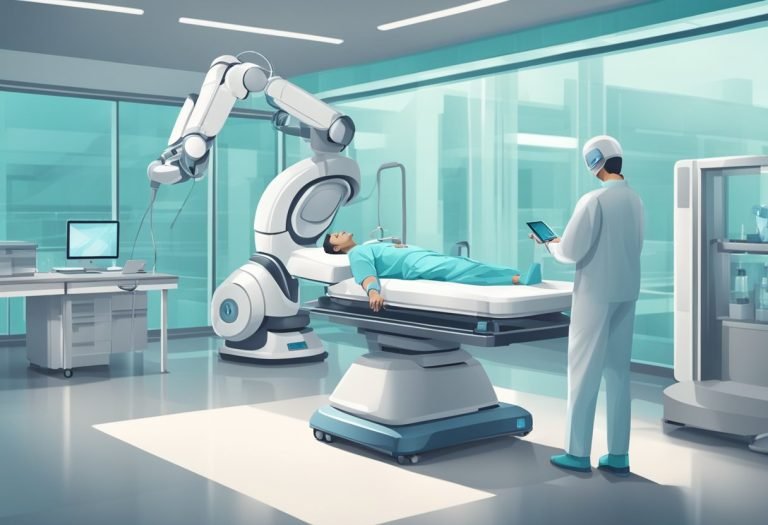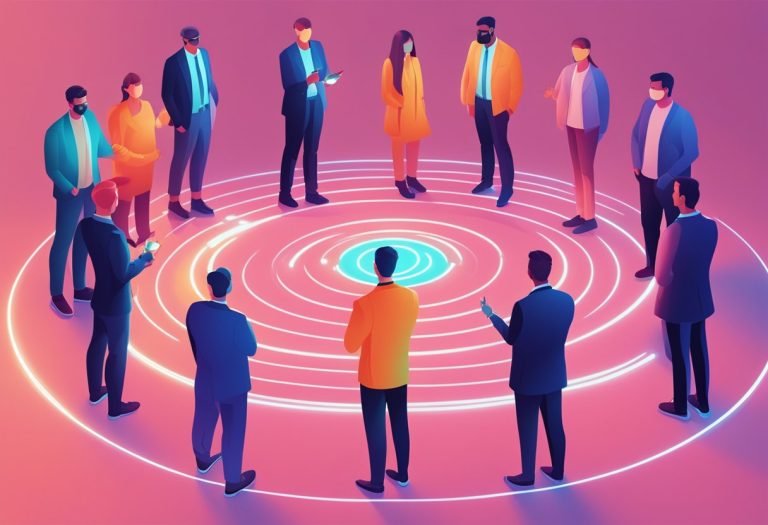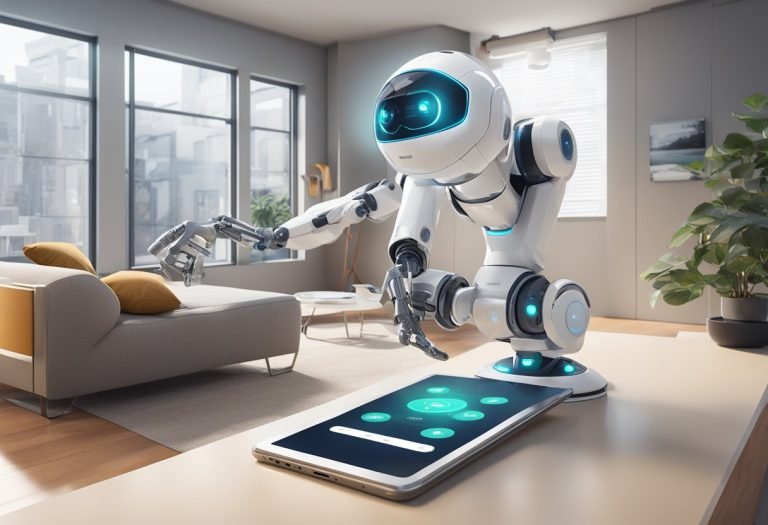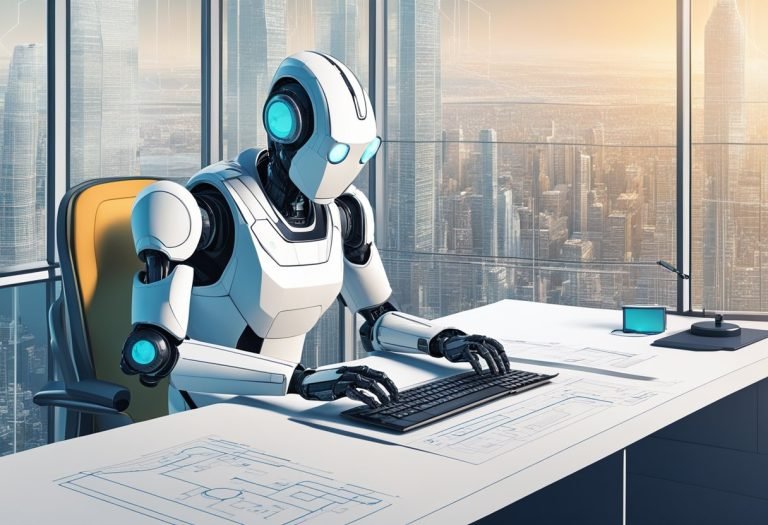Will AI Replace Nurses? The Future of Healthcare
In an era where artificial intelligence is transforming industry after industry, healthcare stands at a fascinating crossroads. Smart algorithms are reading X-rays with 97% accuracy, surgical robots are performing minimally invasive procedures, and machine learning models are predicting patient outcomes with increasing precision. But among all these advances, one question particularly stands out: Will AI replace nurses, the backbone of our healthcare system?
The Irreplaceable Human Touch
Before we dive into AI’s capabilities, let’s acknowledge something fundamental: nursing isn’t just about administering medication or checking vital signs. It’s about the nurse who recognizes that a post-operative patient’s increasing anxiety might indicate early signs of delirium. It’s about noticing the subtle changes in skin tone that might precede septic shock. It’s about understanding that a patient’s reluctance to mobilize after surgery could indicate undisclosed pain or fear rather than noncompliance.
Current AI Applications in Nursing
AI is already making significant contributions to nursing practice:
Clinical Decision Support
- Early Warning Scoring Systems (EWSS) that use machine learning to predict patient deterioration up to 48 hours in advance
- Smart algorithms that analyze ECG readings in real-time to detect arrhythmias with 95% accuracy
- Computer vision systems that assess wound healing and detect early signs of pressure ulcers
- Predictive analytics that identify patients at high risk for falls based on medication profiles, mobility scores, and environmental factors
Administrative Automation
- Natural Language Processing (NLP) systems that convert spoken nursing notes into structured documentation
- AI-powered scheduling algorithms that optimize nurse-to-patient ratios based on acuity levels
- Automated medication management systems with barcode verification and drug interaction checking
- Smart supply chain management that predicts equipment and supply needs based on historical usage patterns
Patient Monitoring
- Continuous monitoring systems that track vital signs, movement patterns, and sleep quality
- Computer vision systems that detect patient movement and potential fall risks
- AI-powered alarm systems that reduce alarm fatigue by identifying clinically significant events
- Remote monitoring platforms that enable virtual nursing assessment and intervention
What AI Can and Cannot Do
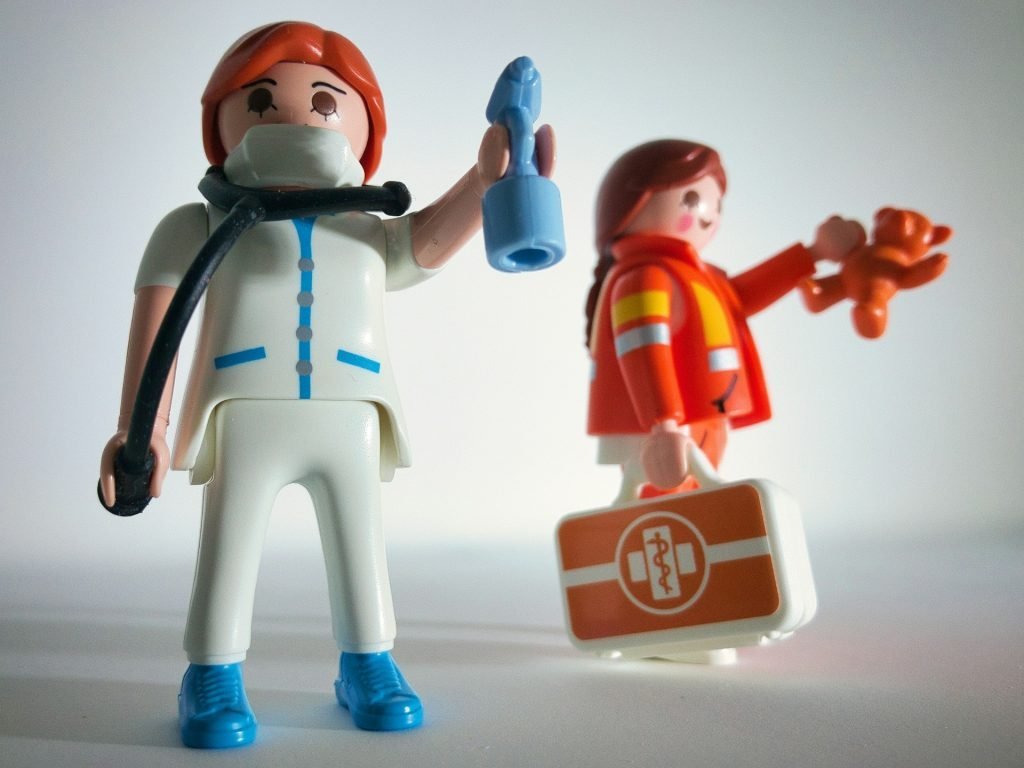
AI’s Strengths (With Technical Detail)
- Processing vast datasets (e.g., analyzing millions of patient records to identify treatment patterns)
- Real-time physiological monitoring (capable of tracking 100+ data points per second)
- Pattern recognition in clinical data (detecting subtle trends in lab values before they become critical)
- Standardized assessment protocols (ensuring consistent screening for conditions like sepsis or delirium)
- Evidence-based decision support (providing real-time clinical guidelines and drug information)
Technical Limitations
- Difficulty interpreting conflicting or ambiguous clinical data
- Limited ability to integrate social and environmental factors into decision-making
- Challenges in recognizing cultural nuances that affect care delivery
- Inability to perform complex physical tasks requiring dexterity and tactile feedback
- Lack of emotional intelligence needed for end-of-life care discussions
Clinical Scenarios: Human vs. AI
Scenario 1: Post-Operative Care
A post-operative patient’s heart rate increases from 82 to 98 BPM. While AI can detect this change and flag it based on algorithms, only a nurse can:
- Recognize that the patient’s grimacing might indicate pain
- Notice the fresh sweat on their forehead suggesting fever
- Observe that they’re guarding their surgical site differently than earlier
- Interpret these subtle signs together to initiate early intervention
Scenario 2: Complex Discharge Planning
Consider a elderly patient being discharged home after a stroke:
- AI can generate standardized discharge instructions and medication schedules
- But nurses evaluate crucial factors like:
- Family dynamics and caregiver capability
- Home environment safety and accessibility
- Patient’s emotional readiness for discharge
- Cultural factors affecting compliance with care plans
Advanced Technology Integration
Current Technologies
- Smart Pumps and Medication Administration
- RFID-enabled medication tracking
- Real-time drug library updates
- Automated dose calculations
- Continuous infusion monitoring
- Wearable Technology
- Continuous glucose monitoring
- Heart rhythm analysis
- Respiratory rate tracking
- Movement and gait assessment
- Documentation Systems
- Voice-activated charting
- AI-powered clinical note summarization
- Automated care plan generation
- Real-time clinical decision support
Emerging Technologies
- Advanced Robotics
- Robotic assistance for patient mobility
- Automated medication preparation and delivery
- Smart room technology for environmental control
- Robotic systems for patient lifting and positioning
- Predictive Analytics
- Machine learning models for sepsis prediction
- AI-powered early warning systems
- Automated triage systems
- Population health management tools
The Education Evolution
Modern nursing education is adapting to include:
- Advanced health informatics training
- Data analysis and interpretation skills
- Technology integration competencies
- AI-assisted clinical decision making
- Digital health and telehealth practices
Technical Challenges in Healthcare AI
- Data Integration Issues
- Interoperability between different systems
- Standardization of health data formats
- Privacy and security concerns
- Real-time data processing requirements
- Implementation Barriers
- Legacy system integration
- Staff training requirements
- Cost of technology adoption
- Regulatory compliance needs
The Future of Nursing
Emerging roles for nurses will include:
- Clinical Informatics Specialists
- AI Implementation Coordinators
- Digital Health Consultants
- Technology Integration Specialists
- Virtual Care Coordinators
The Bottom Line
While AI will automate many technical aspects of nursing care, the profession’s core remains irreplaceable. The future lies in the synergy between advanced technology and skilled nursing practice, creating a healthcare system that combines the precision of machines with the irreplaceable human elements of nursing care.
What are your thoughts on these technological advances in nursing? Have you experienced AI-assisted healthcare as a patient or provider? Share your perspectives in the comments below!
Technical Notes: This article references current AI capabilities based on published research and clinical implementations. Accuracy rates and predictive capabilities mentioned are based on controlled studies and may vary in real-world applications.

